Why is calling start() for BlockOperation with more then 1 block on a main thread not calling its block on the main thread? My first test is always passed but second not every time - some times blocks executes not on the main thread
func test_callStartOnMainThread_executeOneBlockOnMainThread() {
let blockOper = BlockOperation {
XCTAssertTrue(Thread.isMainThread, "Expect first block was executed on Main Thread")
}
blockOper.start()
}
func test_callStartOnMainThread_executeTwoBlockOnMainThread() {
let blockOper = BlockOperation {
XCTAssertTrue(Thread.isMainThread, "Expect first block was executed on Main Thread")
}
blockOper.addExecutionBlock {
XCTAssertTrue(Thread.isMainThread, "Expect second block was executed on Main Thread")
}
blockOper.start()
}
Even next code is failed
func test_callStartOnMainThread_executeTwoBlockOnMainThread() {
let asyncExpectation = expectation(description: "Async block executed")
asyncExpectation.expectedFulfillmentCount = 2
let blockOper = BlockOperation {
XCTAssertTrue(Thread.isMainThread, "Expect first block was executed on Main Thread")
asyncExpectation.fulfill()
}
blockOper.addExecutionBlock {
XCTAssertTrue(Thread.isMainThread, "Expect second block was executed on Main Thread")
asyncExpectation.fulfill()
}
OperationQueue.main.addOperation(blockOper)
wait(for: [asyncExpectation], timeout: 2.0)
}

